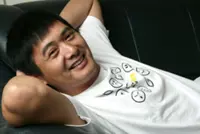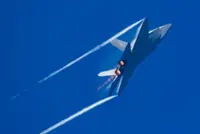Washington wants China to pressure Russia into ending the war in Ukraine, but that does not mean the US will be soft on Beijing when it comes to lifting trade sanctions or extending other economic benefits, a senior US national security official said on Tuesday.
US President Joe Biden has kept in place tens of billions of US dollars’ worth of punitive trade sanctions on Chinese imports imposed by former president Donald Trump under a US-China trade war that started in 2018. Recently, however, the Biden administration has suggested it could reduce some of these as a way to ease US inflation.





